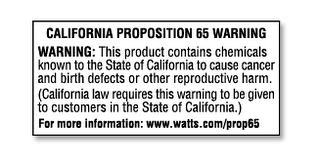
Nobel laureate Gary Becker has a debate with Richard Posner about drunken driving enforcement on their blog. If I didn't read it incorrectly, Gary Becker, a Chicago school economist, supports DUI enforcement. I detest most of government interventions in people's daily lives. Yet, I can't agree with Gary Becker more.
OK, I confess. It is not easy to be wrong to side with a Nobel Prize winner. Still, I have my reasons. The one big reason why I think strict enforcement of DUI is needed is that negative externalities are just too severe to be let for individuals to deal with. Both Messrs. Becker and Posner underestimate the magnitude of DUI's negative externalities. A reckless drunken driver hurts not only him and his family, but also the other party involved in the accident. That could be a promising young man on his way to invent something great, a loving father bringing home the presents for the holidays, or any of our family members. The worst of all is that no one sees it coming. Life is halted for no reason. Hell, Mr. Posner even compares DUI to consumption of trans fats. At least we see the heart attack coming in that suicidal behavior. But killed by a drunken teenager?
A similar case of favorable government intervention is the enforcement of wearing helmets when riding motorcycles. When I was in college, I used to ride a motrocycle to school everyday. It was the best transportation choice before MRT was built in Taipei. At that time, helmets were not required. I wore it from time to time. Although I got tickets all the time, it was never because of not wearing a helmet. In retrospect, I feel lucky that I wasn't involved in any major accidents. But it hardly went a day without seeing some serious motorcycle accidents in the newspaper. Those killed or brain-damaged in the accidents were most likely young people. Just when people seemed to get used to it, some miracle happened. The legislature passed a law requiring helmets to be worn at all time when riding motorcycles. In 1997, the first year the law went into effect, accidents dropped from number 3 to number 5 in the list of top 10 causes of death in Taiwan. They stayed at such ranking ever since. In addition to saved lifes, cases of brain damage also dropped significantly. The cost of enforcing the law is simply not comparable to the benefits society gains.
After personally witnessing the miracle, I for the first time saw the benefits of government intervention. Remember that yours truly is a hard-core libertarian.
(Picture: CrimProf Blog)


























